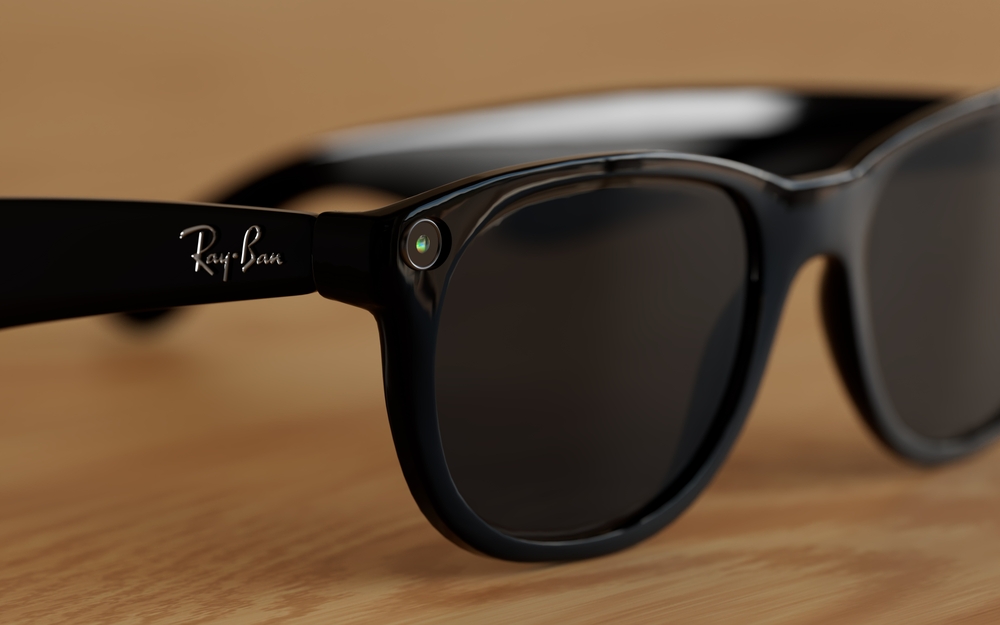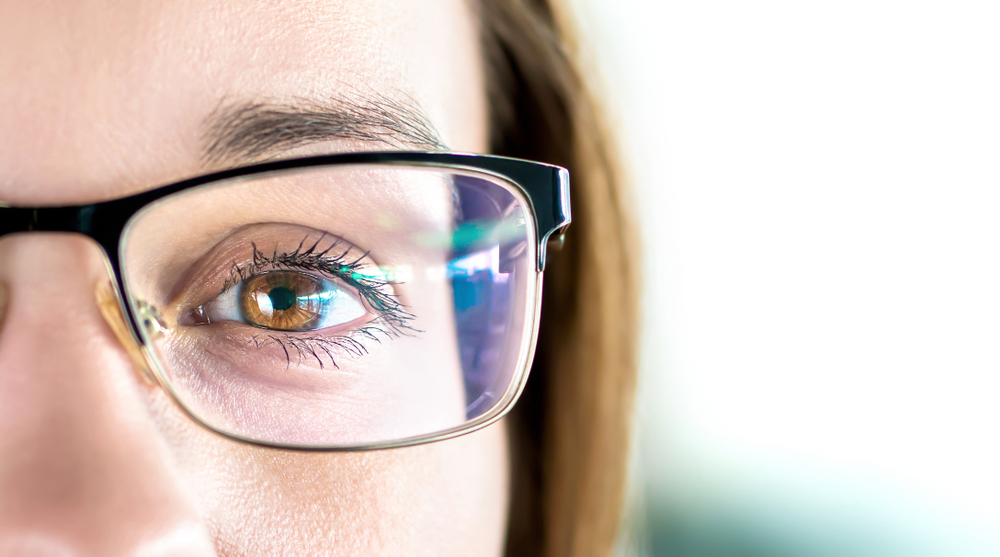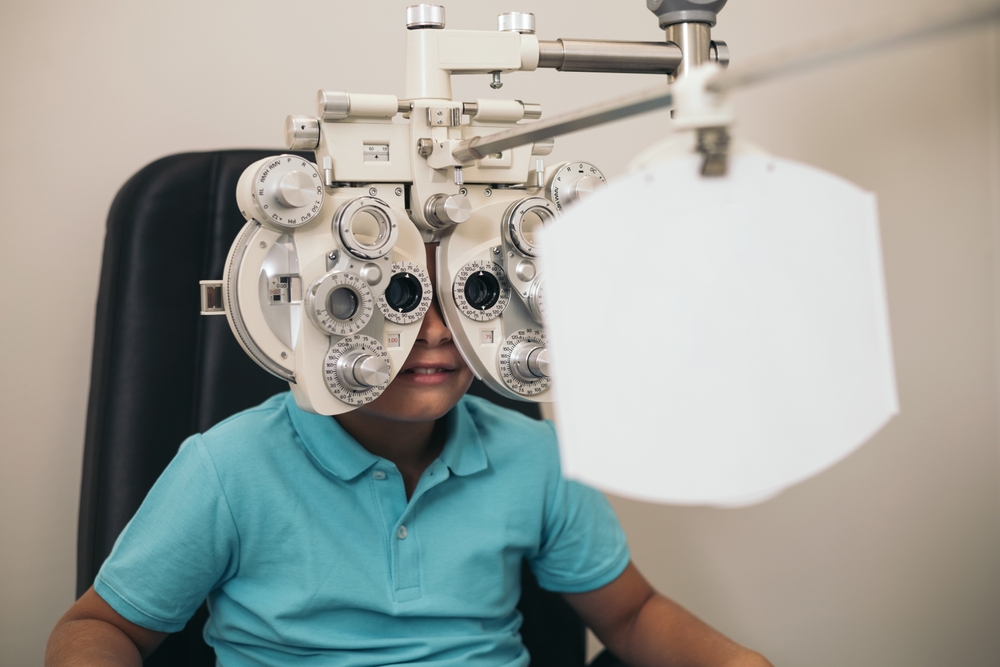Drs. Farkas, Kassalow, Resnick & Associates Blog
Learn more about eye doctor care in our blog!

Migraines can disrupt every aspect of daily life - especially in a fast-paced, high-stimulation environment like Manhattan. For many sufferers, light sensitivity is one of the most debilitating symptoms, turning office lighting, computer screens, and even a walk down the street into potential triggers. If you find that bright or artificial light worsens your migraines, there are advanced optical solutions available.

If your child has recently been diagnosed with myopia (nearsightedness), you’re not alone. Myopia is becoming increasingly common among children in New York City, especially in academically driven communities like the Upper East Side. At Drs. Farkas, Kassalow, Resnick & Associates, our eye doctor in Upper East Side works closely with families to provide proactive solutions. One of the most effective and convenient options we offer for myopia management is Orthokeratology, commonly known as Ortho-K.

Maintaining lifelong eye health requires more than just clear vision; it involves preventive care, early detection of disease, and personalized treatment from a trusted eye care professional. As your dedicated eye doctor in Upper East Side, Drs. Farkas, Kassalow, Resnick & Associates are committed to helping patients protect their vision at every stage of life.

Chronic dry eye is often caused by blocked meibomian glands that disrupt the eye’s natural tear film. For patients seeking advanced dry eye treatment in Manhattan, LipiFlow offers a clinically proven way to unblock these glands and restore natural tear flow, addressing dry eye at its source rather than masking symptoms.

Smart eyewear has quickly become one of the most exciting innovations in both tech and vision care - and the latest Ray-Ban Meta Smart Glasses are leading the way. Blending classic Ray-Ban style with advanced digital features, these glasses allow you to capture, connect, and experience the world in a completely new way.

As we age, it’s natural for reading menus, scrolling through text messages, or viewing small print to become more difficult. Presbyopia typically begins in your early to mid-40s and affects nearly everyone at some point.

Myopia is a common vision condition that causes distant objects to appear blurry while close objects remain clear. This happens when the eye grows too long or the cornea is too curved, causing light to focus in front of the retina instead of directly on it.

If you often experience dizziness, headaches, or eye fatigue - especially after long hours of computer use or reading - you might be dealing with eye misalignment. At Drs. Farkas, Kassalow, Resnick & Associates, we offer Neurolens in the Upper East Side to help patients find relief from these frustrating symptoms.

When it comes to protecting your vision, early detection is key. Many eye diseases can develop silently without obvious symptoms until they are already advanced.

In Manhattan, kids are growing up surrounded by screens - whether it’s for school, homework, or entertainment. While technology has its benefits, the long hours children spend on digital devices can put extra strain on their eyes.









